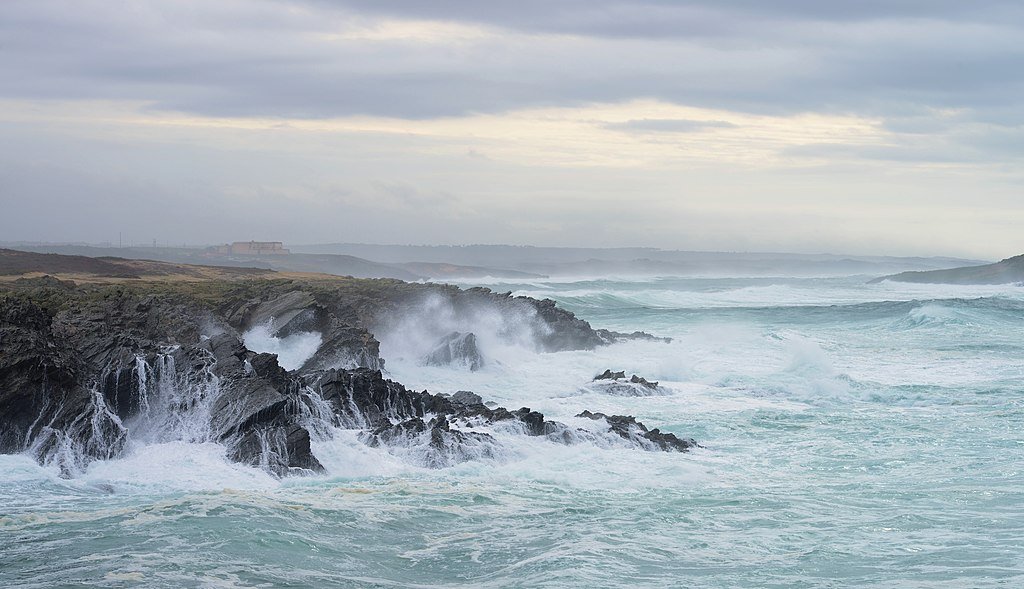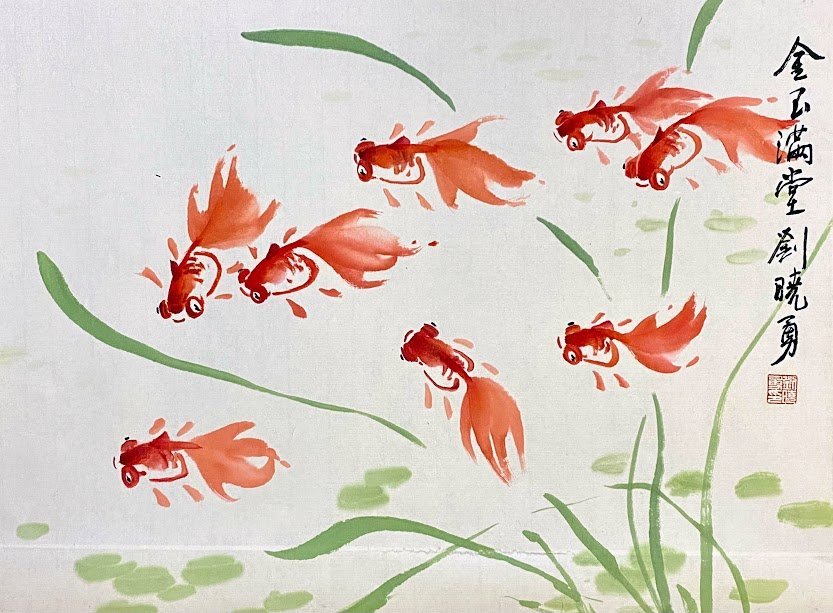If you come back tomorrow,
I’ll regret the way I’ve spent
my days stuck in the dryer,
shrinking, dyed red, like
the vintage T-shirts I leave
at the bottom of the basket
each laundry day that passes.
If you come back tomorrow,
I’ll regret the way I’ve spent
my days stuck in the dryer,
shrinking, dyed red, like
the vintage T-shirts I leave
at the bottom of the basket
each laundry day that passes.
A sift of flaked leaves
and fallen moss—dirt
cooled between fingers,
crisp and brown, netted
grass itch for an earth:
By Adam Benamram
We used to stand on the tracks outside the tunnel and see who could stay there the longest once the lights rounded the corner.
By Arturo Cisneros Poireth, tr. Diana Sánchez Rivera
When I woke up, the pillow was soaked in black. It was sweat, and it was black. I went to the bathroom, and in the mirror, I saw a dark stain on my ear, like a dried thread of blood, but it wasn’t blood. Ashes were coming out of my ear. I scratched with my pinky finger, trying to clean it with my nail, which came out blackened.
By Kim Simonsen, T. Randi Ward
This morning the ocean has again tossed man-sized
black boulders up onto the shelves of rock along the shore.
Sometimes you are carried by the wreckage
of your own ship—as helpless to direct this
flotsam as you were when it was floorboards
that lurched beneath disquiet cries of shorebirds.
By Connor White
When Walt pulled the van into a parking spot beside the baseball fields, the Watkins kid was standing out in centerfield, unaccompanied, a cigarette dangling from his lips and a mitt hatted on his head as he beat the carcass of a dead raccoon with a stick.
By Jisoo Hope Yoon
In the dark I dream only of bottomless mimosas. When I wake my neck is stiff, a sharp sideways pain like the grind of a screw rusted orange. I right my head and immediately lock eyes with a middle-aged man sitting across from me, too-tight-suit revealing the contour of a soju belly from nights downing pork grease and alcohol to satisfy his boss’s whims.
By Isabelle Eberhardt, translated by Donald Mason
A low sky, opaque, incandescent; a dull, rayless, burning sun. On the dust about, covering everything, and on the white and grey fronts of the houses, the blinding heat, unrelenting, reverberates, seeming to emanate from some interior hearth hidden within the earth. Along the angled crests of the hills, kindled with dryness, some low flames lie darkly brooding—the reddish-coloured smoke amassing behind the mountains about Figuig.
By Clement Yue
Nobody loves this bird. Very few even really know what it looks like. It perches hidden in thick arboreal foliage⎯black plumage indistinguishable from the canopic shadows. I used to think it was yellow, until someone pointed out to my embarrassment that I was looking at orioles all my life.
By Kiersten Czuwala
After dinner, my boyfriend tells me that I should learn to slaughter my own meat.
That actually, farmers have pinpointed down to the angle
exactly how to position a barrel against a cow’s skull
to flood the hollow of the bullet hole
with serotonin.
By Luci Arbus-Scandiffio
Being a baby, I think, was like that–looking up and out
at something like a sea wall
feeling waterlogged
feeling nearly extinct
my face shiny like a seal’s face.
Columbia Journal is excited to announce the winners and finalists of our 2024 Online Contest, which was judged by Jonas Eika, Jeanna Kadlec, Megan Fernandes, and Mónica de la Torre. We want to thank everyone who entered the contest for sharing their work with us, as well as our three wonderful judges, and express our congratulations to the winners and finalists.
By Ali Banach
The work’s size, its breathless metaphors, and its coquette-ish design all point toward contemporary trends that have spawned due to digitally-minded, attention-deficit reading lives. However, as a departure from other contemporary fragmentation, the book’s preoccupation with mysticism creates an internal justification for such formal choices.
By Casey Brooks
Somewhere there is a heartbeat on the bus. To sit upright was a seldom ignorable terror, no matter how much has been lost. It makes it bulge out, defiling form and function. Today was different, the earth was, for the first time, in transit with a radiant body. Its light melted away the sticky mold that was a life resigned to semi-consciousness.
By Ivy Char
It was Celia who first called me H. Although we were close, having known each other since kindergarten, I had learned to stray from topics that might turn to points of contention, as was apparently the case with the letter. And besides, there existed the distinct possibility, advanced by the satisfied look on her face, that this was all some sort of friendly challenge. “Why ‘H?’” I wondered, and wondered often.
Columbia Journal is excited to announce the winners and finalists of our 2023 Print Contest, which was judged by Maya Binyam, Andrew Leland, Donna Masini, and Samuel Rutter. We want to thank everyone who entered the contest for sharing their work with us, as well as our four wonderful judges, and express our congratulations to the winners and finalists.
By Yasmin Roshanian
I think of this novel as an existentialist novel. Not in any pretentious, philosophical sense, but in the sense that it is really, really hard to know who you are right now. There’s complete information saturation and bombardment.
By Avot Yeshurun, translated by Dan Alter
A day will come no-one reads my mother's letters.
A pile I have of them.
Not from a her
No word.
By Alex Wexelman
Roughly a decade after it became the predominant style in the art world, Minimalism—a pared down writing style influenced by the likes of Ernest Hemingway—became a popular trend in literature
By Maeve Barry
Stefan’s adopted mom told him I got into Showstoppers cause I’d have no problem wearing the skanky outfit. Stefan’s adopted mom told him this to make him feel better because he didn’t get in. He told me. I am eight and three quarters and I don't care.
By Rachael Greene
Everything you think you might do in a threatening situation melts away. This is it, I thought. Though my mind could not quite accept what it was. My hands raised of their own volition, pointlessly, to shield my more vulnerable parts, and my mouth uttered, like an invocation, the name of the only person who could hear me.
By Fran Matos
The skeleton in my neighbor's front yard
holds a sign that reads “come closer for a spell”
but I’m not looking for signs anymore.
By Kerry Kurdziel
The surcharge for being alive
has risen again. The bells won’t stop
weeping. We keep sinking
each other and calling it
tragedy -
The Columbia Journal is delighted to announce that the 2024 Online Contest will accept submissions in fiction, nonfiction, poetry, and translation from February 21 through March 20, 2024.
By Alex Wexelman
The short story, like many of Friedman’s, concerns a working-class Jewish family and the intra-family struggles for success and financial freedom in America.
By Kaci X. Tavares
It’s been too long since I’ve tried to write my Chinese name 黃曉殿 Húang Xǐaodìan. Muscle memory—barely. In Chinese, your family name comes first, the unit identified before the individual. My family: orphaned sisters who borrow a benefactor’s name. Me: Daybreak over a Palace. I cannot find the palace—



























